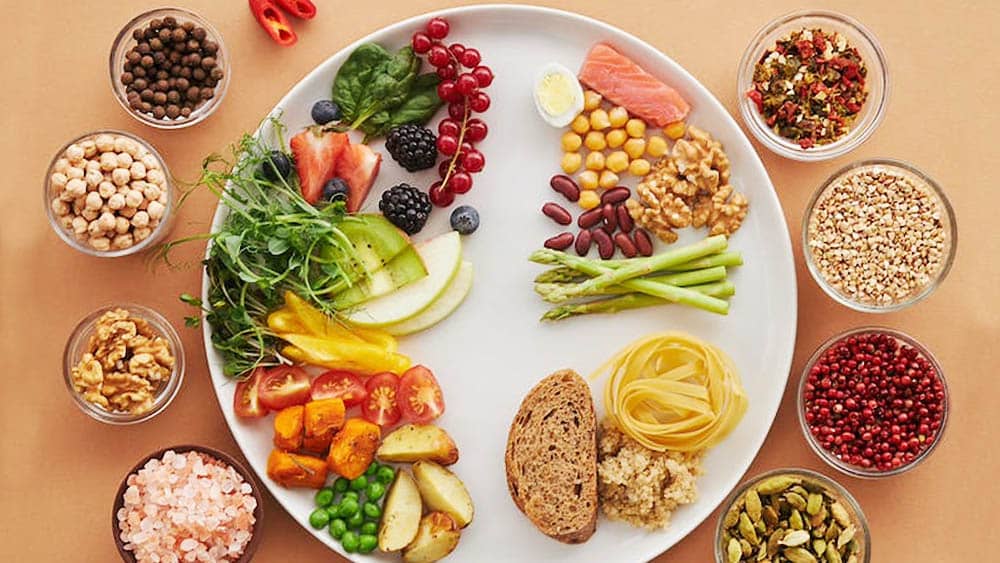 “Every bite you take is a choice — choose nourishment, choose healing, choose life.”
“Every bite you take is a choice — choose nourishment, choose healing, choose life.”
— Ranu Singh
Lucknow: In today’s fast-paced world, where chronic health issues are becoming increasingly common, protecting our well-being has never been more important. While modern medicine offers many solutions, there is one powerful, natural remedy that lies within our everyday reach: our food. Among the various healthy eating approaches, the anti-inflammatory diet has emerged as one of the most effective ways to promote lifelong health and vitality.
What is an Anti-Inflammatory Diet? – Simply put, an anti-inflammatory diet focuses on foods that help reduce inflammation inside the body and avoids those that trigger it. Fresh fruits and vegetables, whole grains like brown rice and oats, healthy fats such as olive oil and nuts, and fatty fish like salmon form the cornerstone of this way of eating. Flavourful herbs and spices such as turmeric, ginger, and garlic not only add taste but also offer powerful healing properties.
At the same time, the diet discourages processed foods, sugary snacks, red and processed meats, and refined carbohydrates that are known to fuel inflammation. Rather than enforcing strict restrictions, it encourages a colourful, balanced plate filled with real, nourishing foods.
Why Do We Need It? – Today’s lifestyle — full of processed foods, high stress, lack of sleep, and sedentary habits — is a breeding ground for chronic inflammation. While inflammation is a natural response that helps heal injuries, long-term, low-grade inflammation damages tissues and silently contributes to diseases like diabetes, heart conditions, arthritis, and even certain cancers.
Choosing an anti-inflammatory diet is one of the most effective ways to fight back naturally. By consistently eating healing foods, we help our body calm down inflammation, protect vital organs, and maintain better health without relying solely on medications later in life.
The Powerful Benefits of an Anti-Inflammatory Diet – The advantages of embracing an anti-inflammatory lifestyle are vast and life-changing. People often notice increased energy levels, better digestion, and improved mental clarity after making even small shifts in their eating patterns. Over time, this way of eating helps lower the risk of chronic diseases, improves heart health, supports stable blood sugar levels, and strengthens the immune system.
Moreover, healthy fats, antioxidants, and fiber from natural foods protect the heart and arteries, promote smoother digestion, and even contribute to healthier skin and slower aging. Eating clean, anti-inflammatory meals gives your body the nutrients it truly needs, making you feel lighter, more active, and more positive in your daily life.

How to Get Started? – Transitioning to an anti-inflammatory diet doesn’t have to feel overwhelming. It begins with simple steps: including an extra serving of colourful vegetables in your meals, swapping white bread for whole grains, using olive oil instead of refined oils, snacking on nuts instead of chips, and replacing sugary drinks with green tea or infused water.
Gradually, these small changes become habits, and healthy eating becomes a natural part of your life. The goal is not perfection but consistency. Even a few thoughtful choices each day can lead to incredible improvements over time.
Food is Medicine – Every bite you take is an opportunity to either feed disease or fuel health. By choosing foods that love and heal your body, you are investing in a future of energy, vitality, and resilience.
The anti-inflammatory diet is not about giving up pleasure in eating — it’s about rediscovering the true joy of real, wholesome food that supports your well-being. Your journey toward a healthier, happier life can start today, right from your very next meal.
Small steps, made consistently, can light the path to a stronger, more vibrant you.
Ranu Singh
Community Nutritionist
Founder – Nutrition Punch
Member – National Executive Committee, IAPEN India
Chief Program Officer – Community Nutrition Core Group, IAPEN India
Disclaimer – This article is intended for general information purposes only and should not be considered medical advice. Please consult a qualified healthcare professional or a qualified dietitian / Nutritionist before making significant changes to your diet, especially if you have any existing medical conditions. Every individual has unique nutritional needs.










